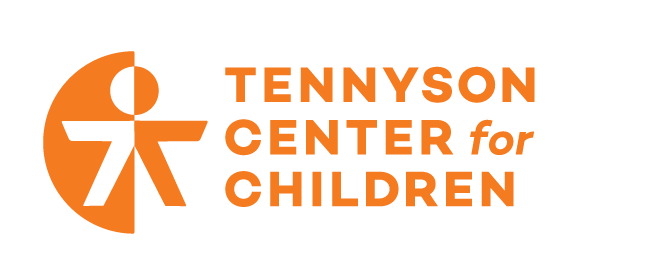Tennyson Center for Children Strongly Supports HB-1023!
__Who We Are __ Tennyson Center for Children is a nonpartisan service provider that has been at the forefront of child welfare in Colorado for the last 115 years. Tennyson Center provides a holistic approach to mental health treatment designed to help children and families stabilize, heal, and reintegrate safely and permanently in Colorado. We serve children who have experienced severe abuse and neglect, and work with families who have intergenerational contact with the child welfare system.
Why the Tennyson Center for Children supports HB-1023 Youth involved in the foster care system emerge into adulthood with disproportionately high rates of unemployment, homelessness, and incarceration. Our experience suggests that this is partially because of the restrictions put on children in the child welfare system that inhibit their growth. At a conceptual and legal level, we understand why these restrictions have been put in place, but we also know that many of these “protective” measures have unintended consequences that contribute to the poor sector outcomes we all abhor.
Simplifying, streamlining, and eliminating access to driving for teens in the foster care system allows youth to take real steps towards building essential life skills that are crucial to successful adulthood. Driving grants youth increased access to employment opportunities and community resources, and allows children to progress along societally accepted pathways that are crucial for their lasting success.
__Within 18-24 months of emancipation: __
• 40-50% of foster youth become homeless
• Almost 50% of foster youth are incarcerated
• 47% of emancipated foster youth are unemployed
While HB-1023 will not reverse these shocking trends. It is part of a more comprehensive approach to create conditions for foster youth to thrive, and creates an opportunity for foster kids to be normal kids!
Youth in the foster care system already face tremendous obstacles like stigma, trauma, and insecure living arrangements that interfere with normative childhood experience. As one of our adolescent therapists said, “If our youth weren’t in the child welfare system, this wouldn’t even be a discussion. They would be like every other 16 year old, eager to drive somewhere to meet up with their friends and head to work.”
The youth we serve and interact with tell us how access to a driver’s license would impact their individual lives:
“I was the only kid who did not have a driver’s license; that reinforced that ‘I was not good enough.’”
“I really wanted to get a job, but not having a license made it harder.”
“A driver’s license would give me FREEDOM. And I wouldn’t have to be dependent on my foster parents.”
It is time we supported foster youth in experiencing a normal adolescent journey, and HB-1023 does exactly that.






